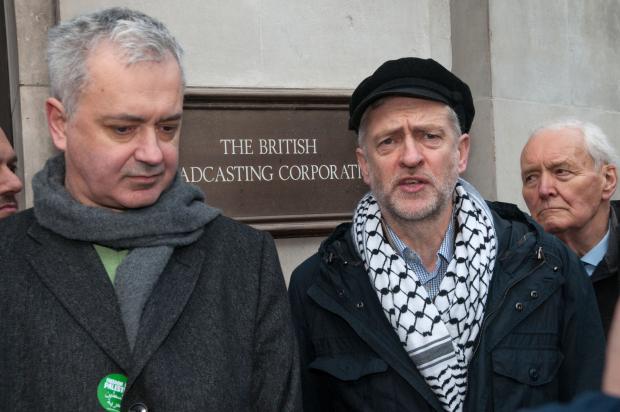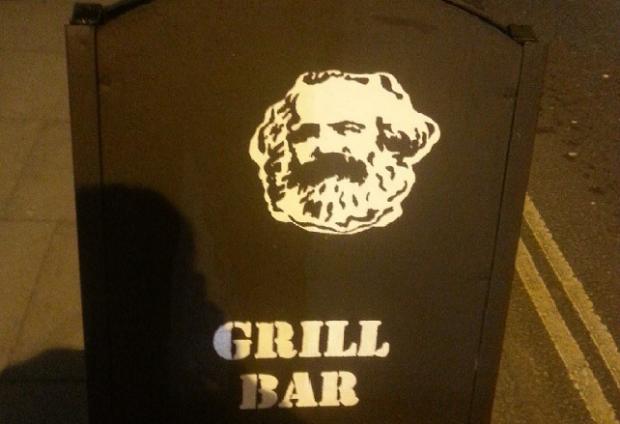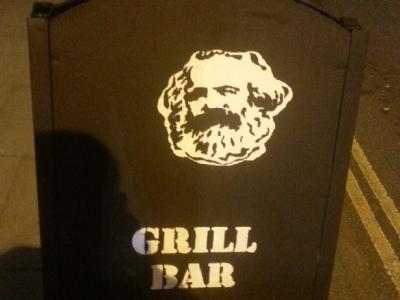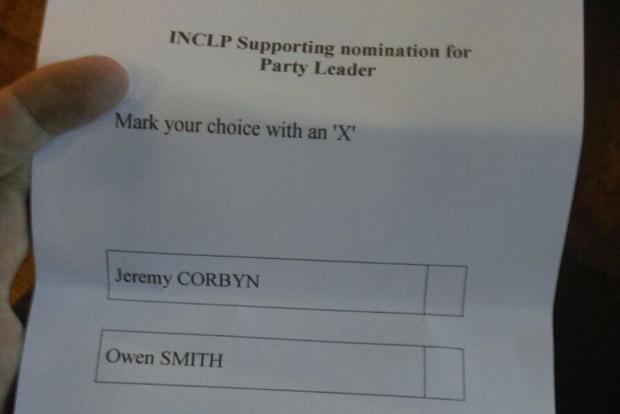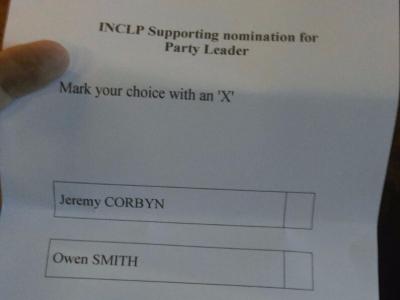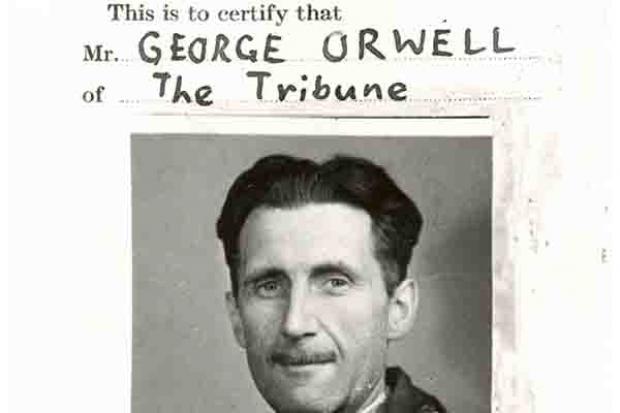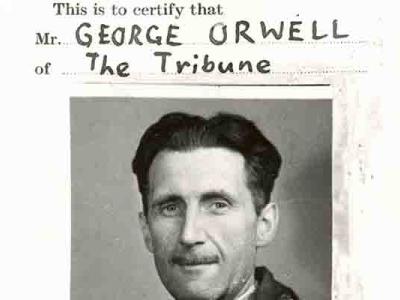Corbyn’s spy connection and me
Quite a lot of the serious media have steered clear of the Sun's story of Jeremy Corbyn's meetings with a Czechoslovak spook in the 1980s, and it's not hard to see why. The Sun never knowingly under-eggs any pudding, but this one was really over-stirred. Its splash – “CORBYN AND THE COMMIE ”, as the headline put it on 15 February – promised something it simply did not deliver.
The paper had discovered from east European archives that a member of the communist Czechoslovak secret police, the StB (Státní Bezpečnost, State Security), acting under diplomatic cover in London, had met Corbyn on several occasions between 1986 and 1989, including at the House of Commons.
And, er, that was it. No suggestion that Corbyn, then the rookie backbench Labour MP for Islington North, had handed over state secrets for money. Nothing at all incriminating, in fact. Corbyn responded that he had met a Czechoslovak diplomat in the late 1980s but not one called Dymic, the name on the documents obtained by the Sun.
End of story? Not quite. The Mail and Telegraph picked it up with enthusiasm. It turned out that the StB man who had met Corbyn was only codenamed Dymic and was really Jan Sarkocy (as I’d guessed), now 64 and living in obscurity in Slovakia – and Sarkocy has given interviews to all and sundry, saying that Corbyn was paid for information and that other Labour left wingers, including the shadow chancellor, John McDonnell, were on his contact list. Cue outraged Tories saying that Corbyn was a traitor and furious denials from the Corbyn camp with accusations of red-scare tactics by the right-wing press.
It was in Sarkocy’s interest to exaggerate what his conversations revealed
Corbyn (like many others on the Labour left, myself included) was a contact of Jan Sarkocy in the 1980s, and Sarkocy was StB – but that’s about it. Sarkocy was anything but a spymaster. He was a low-level intelligence-gatherer for a state that had long ago lost all authority with its citizens and was now losing the support of its geopolitical master, the Soviet Union.
He was employed to take people out to lunch who knew something of what was going on in British politics, drink beers with them in the evening, and write reports on what they told him. And what he got from his efforts was probably little better than any half-compos-mentis reader of the UK press would have gleaned. It was in his interest to exaggerate what his conversations revealed, and he did just that – he had what was in 1980s Prague terms a big-money salary paid in hard currency, with a serious expense account, in a swinging western city.
Maybe Corbyn was stupid not to guess his game, but there were lots of Sarkocys around in London in the 1980s, working the leftie journalism and politics circuit. I have a particularly vivid memory of the man from the Soviet Tass news agency whose pungent aftershave conquered every room.
There were good reasons for politicians and journalists to talk to people like Sarkocy and the perfumed man from Tass. Diplomats from faraway places of which we know little might be spooks for unpleasant regimes, but they are often very useful sources, and often unintentionally – I remember Sarkocy telling me, for example, that he had not known a thing about a big speech on disarmament by Mikhail Gorbachev, which made it clear that Prague and by implication Berlin were being kept out of the loop by Moscow on the issue. I was on the left weekly Tribune at the time and we didn't have a diplomatic correspondent jetting between Prague and Berlin, but it nailed a story at low cost.
Andrew Murray used to buy space for advertorial in left-wing British papers for Novosti, the Soviet press agency
In other words, I talked to Sarkocy (whom I assumed from first meeting was a spook) in part because as a journalist I talk to anyone but specifically because I was working on east-west relations for periodicals that took seriously the future of the nuclear stand-off between the Soviet Union and the US in Europe: Tribune, European Nuclear Disarmament Journal, the CND monthly Sanity (for which I wrote a piece on Sarkocy being expelled from Britain in 1989). If I'd been a politician interested in the same issues I would have done the same.
But getting the odd tip on the biggest news wasn’t my main purpose in meeting Sarkocy. At the time, the Soviet bloc’s suppression of its democratic dissidents was a massive issue – and many of those dissidents were discussing with western peaceniks the possibility of ending Soviet dominance of east-central Europe through a melting of the nuclear confrontation that divided the continent. Moscow wanted west European opposition to American nuclear arms as an issue it controlled through the World Peace Council, based in Prague, which didn’t have a thing to say about Soviet nukes – and it wanted dissident discussion with the western left stopped. END and Tribune were talking to the dissidents, and for us (and them) it was crucial to make sure our engagement with and support for opponents of the regime were conveyed to the Soviet bloc authorities. So I met Sarkocy primarily to complain, time and again, about how his scumbag regime treated its citizens.
I hope Jeremy Corbyn did the same, and I’m told that he took up the cause of Czechoslovak dissident exile supporters of the group Charter 77. But I’m just a bit unsure. Quite a lot of the British left in the 1980s was at best completely clueless about – and at worst subsidised by – the disaster for socialism that was the USSR. Quite a few of Sarkocy's contacts were idiots who thought Charter 77 were counterrevolutionaries and everything was cool about the Soviet Union – because it was anti-imperialist. Labour Action for Peace, a pressure group that had no formal role in the Labour Party, and for which Corbyn was an officer, was notoriously and idiotically pro-Soviet. Corbyn, in making Seumas Milne and Andrew Murray key figures in his team, both of them rather keen on the Soviet Union in the 1980s, obviously doesn’t think any of that too important. Murray, head backstairs honcho of Unite, the main union backer of Corbyn, used to buy space for advertorial in left-wing British papers for Novosti, the Soviet press agency. My hunch is that there is still a fair bit more of this to come.

